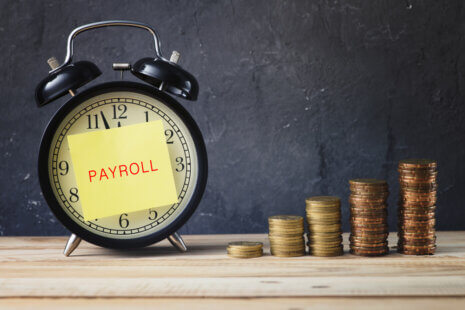Whether a business owner receives money back from taxes depends on various factors, including the business structure, tax deductions, credits, and the amount of tax paid throughout the year.
Here’s a general overview…
- Pass-Through Entities – Many small businesses, such as sole proprietorships, partnerships, and S corporations, are pass-through entities. This means that business profits “pass through” to the owners’ personal tax returns, and owners pay taxes on their share of the profits at their individual tax rates. If the business operates at a loss or if the owners have overpaid taxes throughout the year, they may be eligible for a tax refund.
- Tax Credits and Deductions – Business owners can claim various tax credits and deductions to reduce their taxable income and potentially increase the likelihood of receiving a tax refund. Common deductions include expenses for rent, utilities, supplies, equipment, salaries, benefits, travel, and professional services. Tax credits directly reduce tax liability and can include credits for activities such as research and development, hiring certain employees, and investing in renewable energy.
- Withholding and Estimated Taxes – Business owners may have taxes withheld from their paychecks if they receive wages from their business or if they have other sources of income subject to withholding. Self-employed individuals and business owners may be required to make estimated quarterly tax payments to the IRS and state tax authorities if they expect to owe a certain amount of tax for the year. If estimated tax payments exceed the actual tax liability, the excess may be refunded.
- C Corporation Taxes – C corporations are separate legal entities from their owners, and they pay corporate income tax on their profits. If a C corporation overpays taxes throughout the year or if it operates at a loss, it may be eligible for a tax refund.
- Tax Planning and Preparation – Effective tax planning and preparation can help business owners optimize their tax situation, maximize deductions and credits, and minimize tax liabilities. Consulting with a tax professional or accountant can provide personalized advice tailored to the business’s specific circumstances and objectives.
Business owners may be eligible for tax refunds depending on their business structure, tax deductions, credits, withholding, estimated tax payments, and overall tax situation. It’s essential to keep accurate records, stay informed about tax laws and regulations, and seek professional guidance to ensure compliance and maximize tax benefits.




